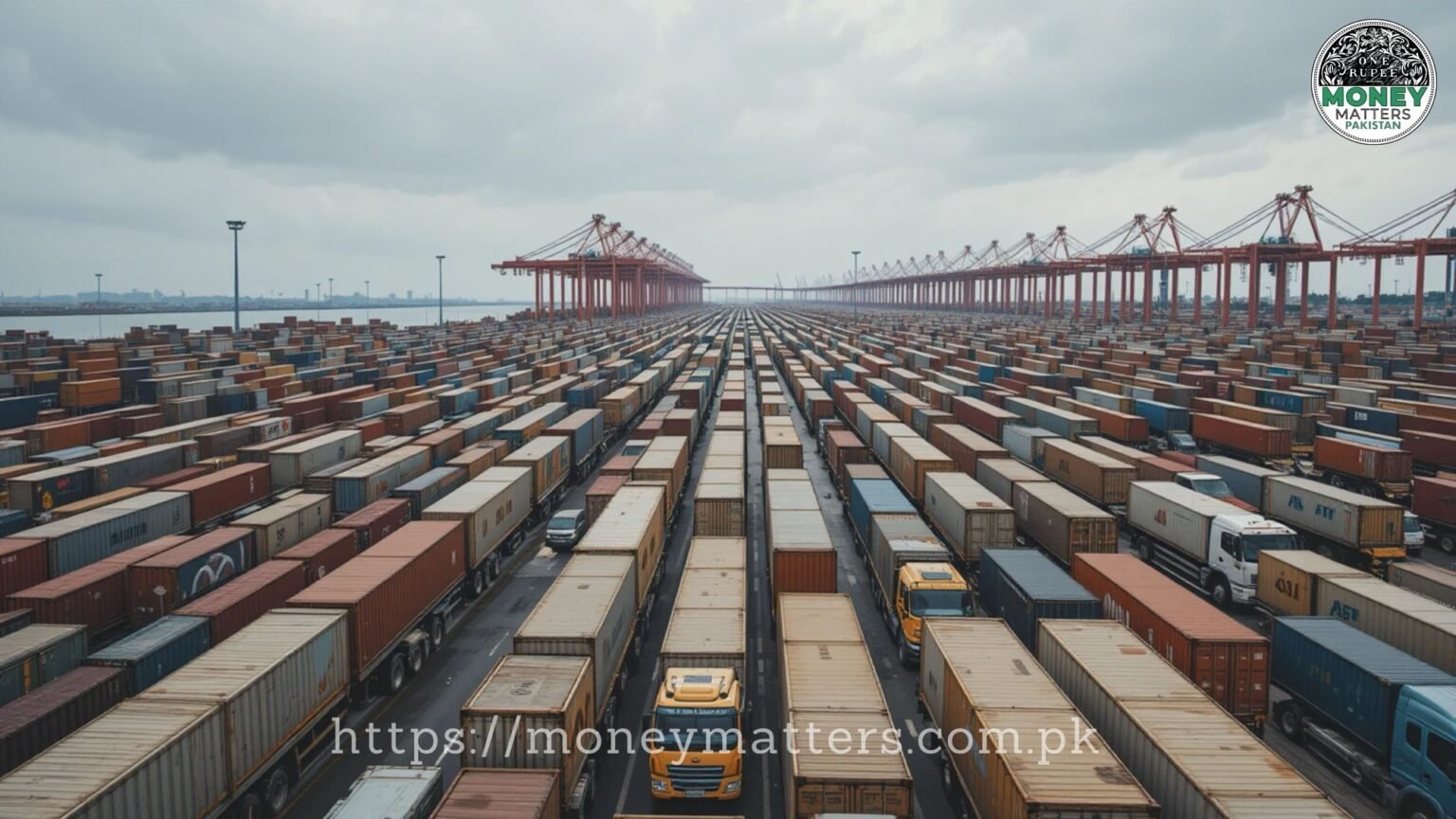Ongoing dispute over vehicle fitness halts nationwide cargo transport, raising concerns for exports and perishable goods.
Key Takeaways:
i) A strike by the Transporters of Goods Association (TGA), now in its fourth day, has brought cargo movement to a standstill at Karachi Port.
ii) The strike, stemming from a dispute with the Sindh government over vehicle fitness, is causing significant congestion and threatening losses, particularly for perishable goods.
iii) Trade associations are warning of escalating challenges to exports as approximately 10,000 containers are affected daily.
Islamabad, Pakistan – April 19, 2025 – A strike by transporters has severely disrupted cargo movement at Karachi Port, Pakistan’s largest and busiest seaport, raising concerns about potential economic losses and disruptions to trade. The Transporters of Goods Association (TGA) has escalated its strike, effectively halting the movement of goods between factories and seaports across the country.
With approximately 10,000 containers being transported daily within Karachi and to other parts of the country, the strike is already causing significant congestion at the port.
The strike, which began earlier this week, is the result of an ongoing dispute between transporters and the Sindh government regarding vehicle fitness regulations. Transporters are protesting what they deem to be unfair enforcement of these regulations.
With approximately 10,000 containers being transported daily within Karachi and to other parts of the country, the strike is already causing significant congestion at the port. This disruption is particularly concerning for perishable goods, which are at risk of spoilage due to delays. Trade associations have voiced strong concerns about the escalating challenges to exports amidst the strike. The increasing demurrage charges, payable in US dollars, are adding to the financial strain on businesses.
The strike is exacerbating existing challenges for businesses already facing economic headwinds. The long-term impact of the strike on Pakistan’s trade and economy remains uncertain, but the immediate consequences are being felt by businesses and consumers alike.




